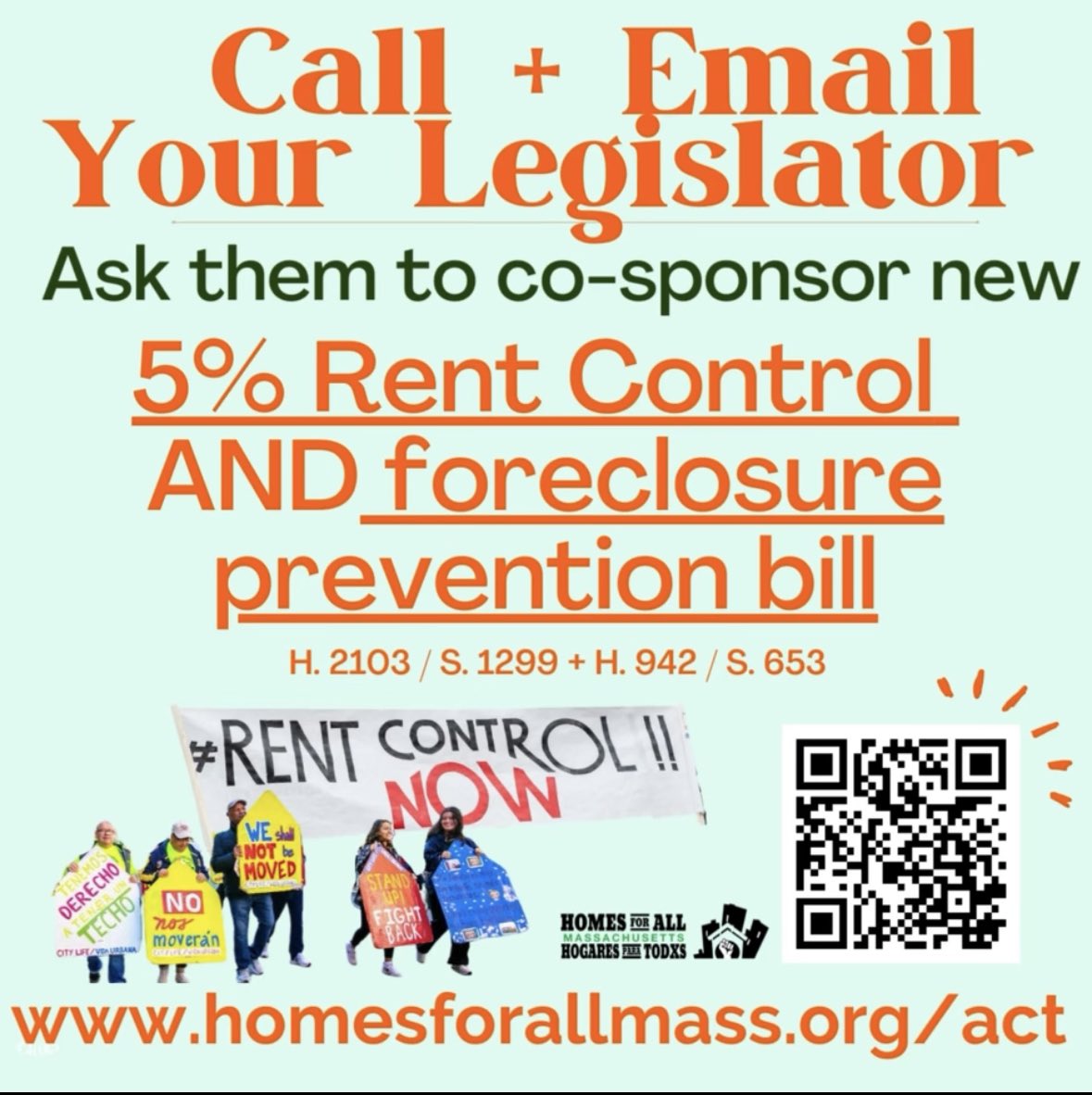
It’s summertime and the livin’ is easy.
If you’re a lawmaker on Beacon Hill, that is.
Continuing the slowest and least productive legislative session in the last decade, the Legislature adjourned for the fiscal year without approving the FY2024 budget—missing the 7/1 deadline for the thirteenth time in a row. In fact, the House didn’t hold a single formal session during the months of May or June. Livin’ doesn’t get easier than that!
But remember: just because we’re not seeing any action doesn’t mean legislators aren’t meeting and deliberating on major pieces of legislation—they are. We’re just not invited.
The budget is currently being negotiated in conference committee—a notoriously opaque stage of the already notoriously opaque legislative process. What line items are on the chopping block, which special interests have a seat at the table, and what do they want? We have no clue.
Likewise with the big tax cut bill; the fate of destructive policies like tax cuts for the rich, and progressive, desperately-needed policies like allowing Massachusetts undocumented students to receive in-state tuition hang in the balance, the public utterly in the dark.
Ah, summer in Massachusetts. If only actual sunlight were a disinfectant.
State House Scoop
A historic moment at the prison moratorium bill hearing
Last Tuesday, for the first time in the history of Massachusetts, people experiencing incarceration were allowed to testify in front of the legislature. Yes, the first time. Over two dozen people from MCI Framingham and Souza Baranowski attended the hearing virtually to give testimony, all overwhelmingly against the construction of a new prison.
Following a rally on the State House steps, dozens of people piled into the Gardner Auditorium on Tuesday morning to attend the hearing on the Prison and Jail Construction Moratorium bill (S.1979). The bill would put the brakes on a current state project to build a new $50 million women’s prison, as well as any new major construction, for five years.
Many of the women in MCI Framingham called out the need to fund programming, educational and vocational opportunities, rehabilitative services and healthcare, and decarceration, rather than replace their existing facilities which are largely empty.
"Instead of worrying about stashing the pockets of a construction company, invest the money that we need dearly at Framingham," Jessica Deane testified, from inside MCI Framingham. She underscored the need for funding and support for survivors of domestic violence, so that they can "heal in a meaningful way to be positive and successful returning citizens."
Especially at a time when our public housing is dangerously dilapidated and unlivable, our MBTA is crumbling, and the high quality education and healthcare we pride ourselves on becomes too expensive for everyday Bay Staters, a new prison is the last place Massachusetts should be spending $50 million in taxpayer dollars.
Though the hearing has passed, you can still submit testimony via MAPLE. Use our Testimony Toolkit to help you draft effective testimony, and then submit it online:
SHARE YOUR SUPPORT FOR THE MORATORIUM BILL >>
One last thing: this hearing began at 11:00 AM, and continued into the early evening. Activists had to take a day off work and wait hours to testify, which is of course in addition to countless hours of planning, testimony writing, and training that goes into a successful hearing turnout. All of this time and resources for a bill that already passed the Legislature last session.
If the Legislature had passed this bill days earlier last summer, they would have had time to override Baker’s veto and 1) the prison moratorium would be law, and 2) these activists could be spending this session advocating for any number of other pressing issues.
--
Missed a Scoop or two? You can find a full archive of all past Saturday Scoops on our blog.
--
Beacon Hill’s response to the housing affordability crisis
If you’re a renter or looking to buy a home in Massachusetts, you don’t need me to tell you what you already know: it’s rough out here. Like “maybe I should move out of the state” rough. The median home price in Greater Boston just hit an all time high of $900,000, and Massachusetts just earned the mantle of the third most expensive state to rent a home, behind Hawaii and California. The material impacts on vulnerable Bay Staters? Evictions in Boston are on the rise, and homelessness in Western Massachusetts is at a five-year high, to name just a few.
So let’s check in on what our elected officials are doing to address this crisis. Our Democratic trifecta must be acting swiftly and immediately to curb rent hikes and prevent evictions, right? Right??
Not exactly. Governor Healey just announced a five-year capital investment plan which would put $1.4 billion towards affordable housing development per year. We absolutely need more housing, especially more affordable units, but we need more than just incentives for developers to address the urgency and scale of this crisis. And the Legislature? While debating their tax cut bill, the Senate rejected an amendment to require that 20% of HDIP-funded housing be affordable. This spring, the Legislature needlessly allowed eviction protections to expire. Not to mention the State House (where there are more landlords than there are renters) has been so hostile to tenant protections like rent control that many lawmakers are reluctant to even talk about it.
Bill spotlight: overdose prevention centers pilot program
Overdose prevention centers (“OPCs,” also known as safe consumption sites) are legal facilities where individuals who use drugs can do so under medical supervision to prevent overdoses and the transmission of diseases like hepatitis and HIV. An Act relative to preventing overdose deaths and increasing access to treatment (H.1981/S.1242) would establish a 10-year pilot program for OPCs that municipalities can choose to opt into. The bill has been introduced three sessions in a row now, only to die in Senate Ways and Means, and then get sent to study the following session. Since opioid-related deaths hit a record high in Massachusetts in 2022, it’s no wonder that medical and public health organizations have lined up behind this bill. And several municipalities, including Somerville, are already working to open OPCs, but this legislation is needed to establish the legal and regulatory framework for them to operate. How many overdose deaths could have been prevented if this bill had been passed years ago when it was first filed?
--
Take Action
Ask your legislators to cosponsor rent stabilization and foreclosure prevention

Building more housing does nothing to help people who are facing eviction and foreclosure right now. Email your legislators to ask them to cosponsor two critical bills: HD.2103 / SD1299 to lift the ban on rent control, and H.942 / S.653 which will require homeowners to meet with lenders to prevent foreclosure.
--
Email your electeds opposing ultra-rich tax breaks
Massachusetts needs to prioritize spending to ensure a labor force adequate to our economy’s needs, which requires that families have affordable housing, childcare, educational opportunities, and transportation to make it possible for them to earn a good living. Fill out the form to email your State Legislators NOW and urge them to reject permanent tax breaks for the ultra-rich and large multinational corporations and, instead, use tax dollars to help make Massachusetts more affordable, equitable, and competitive.
--
All right, enough news--back to your holiday weekend!
And remember, as the Boston Fire Department once tweeted (and sadly deleted): Fire Works are Illegal in Massachuetts.

Until next time,
Erin Leahy
Executive Director, Act on Mass
--
